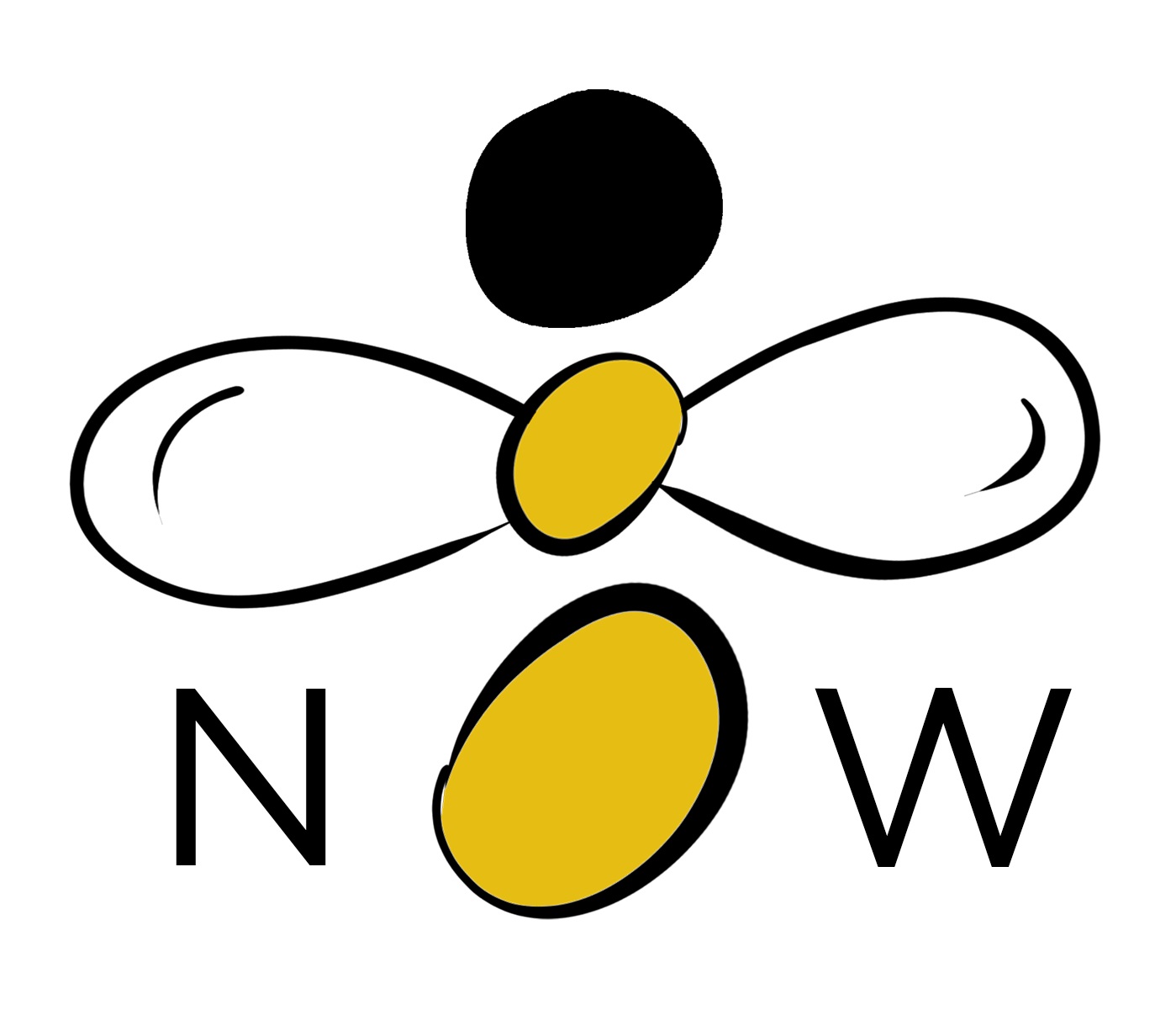In an age where knowledge moves at the speed of light, 99% of what you know is useless and irrelevant. What really matters is being able to adapt to the moment without depending on a fixed plan or preconceived beliefs. 1% of what you know fits the moment and can be summoned with passion. Know your passion well enough but not too well. Be willing to let it completely dissolve and remerge without a familiar structure. Can you handle the uncertainty?
Engaging the 1% space is about facilitating a soulful dialogue with no ulterior motives, politics, or negative chatter. It is simply unfiltered expression of the self. The goal is to completely re-discovering yourself at a moment’s notice with the body as the primary medium of engagement.
Facilitation is the art of inviting honest expression in yourself and others. The main controls that enable skillful facilitation are breath, touch, and feeling (thought is optional) because they connect us to other people and our immediate environments. These practices enhance the body’s alertness and aliveness and enable our ability to access the subconscious in ourselves and in others. The goal is to relax the mental structures and submerge in a more subtle state of being that does not cling on to fixed perceptions. The 1% space is a learning space, masked with uncertainty and accelerated change.
In becoming an artful listener and facilitator, one must realize a simple yet hard fact: there is no exact truth in anything, which is the exact opposite of what the analytical mind wants to believe. Belief creates comfort and the illusion of certainty; but in reality, nothing is set in stone. Being overly analytical only enhances the illusion of a singular truth by exaggerating familiar stories or concepts. When somebody cuts us off on the freeway, we may be tempted to judge that person as ignorant and inconsiderate, where it could have easily been that we were simply in their blind spot. Nothing more needs to grow out of that. I tell my students all the time to not hang on to their judgments about what the class is going to be about or how their teams are going to behave. I invite openness and honesty.
My job as a facilitator is to maximize the room’s capacity for learning and discovery by being in the moment and abiding to the simple practices of breath, touch, and feeling; thought is optional. After all, the creative mind does not need rules or mental concepts in order to flourish, what it needs is to be in touch with the body’s senses.
